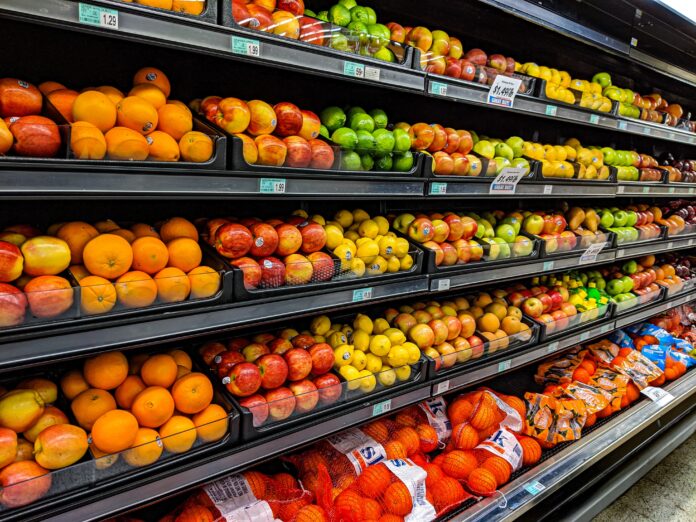A HOMELESS charity has sought government support and private donations to help it fund Ireland’s first Social Grocery Store, offering food at reduced prices in order to tackle child and adult “food poverty”, after seeing a three-fold rise in the numbers of people availing of its food banks in the past year.
Mid West Simon Community launched an urgent call for funding today, after a social grocery was recommended in a study carried out by the Department of Sociology, University of Limerick.
In 2020, 13,196 people (including 4,696 new registered users) availed of the charity’s four food banks located in Limerick, Clare and north Tipperary. This is more than almost triple the number of persons who sought out the same services in 2019 (4,654) and in 2018 (4,261).
The UL report found that, apart from providing affordable healthy food, a social grocery could also improve people’s mental health outcomes by “removing stigma and shame” associated with people being forced to queue for street outreach food banks and soup kitchens.
Simon Mid West runs four food banks, at an annual costs of €100,000 – one in Limerick, two in Clare and one in north Tipperary – receiving aid from the Fund for European Aid to the Most Deprived (FEAD).
It also delivered thousands of hot meals to people in emergency accommodation supported by local shops and businesses.
Chief executive, Jackie Bonfield, said: “Food poverty is on the rise, particularly in socially disadvantaged households (who) consume less nutritionally-balanced diets, and suffer from higher rates of diet-related chronic diseases such as diabetes, heart disease, obesity, and certain cancers at a younger age.”
This leads to “a form of social exclusion and social injustice”, Bonfield explained.
“We urgently need support from the government and businesses in order to set up the Social Grocery as we can’t do it on our own, and we want to provide dignified shopping for fresh produce to our clients.”
Demand for Simon’s services continues to grow and the charity’s Limerick food bank, located at Christ Church, Glentworth Street, every Friday from 10am-1pm, donates around 100 food parcels daily.
UL’s Dept of Sociology surveyed 131 of Simon’s food bank clients, 80.1% of which had children, and 32% were trying to shop for food for five or more family members.
Fifty-eight per cent of those surveyed reported periodically experiencing lack of sufficient access to food, and 1.6% reported never having enough food.
Almost all participants (93.1%) said they would avail of a social grocery store including a 52- year old male client, who said it was “embarrassing” having to attend street outreach services.
“We don’t have access to enough food, we can’t afford to eat proper meals everyday,” he added.
A young mother of one, who gave up her job to care for her husband after he was diagnosed with cancer, and who also attends the Simon food bank, said there wass “very little” to eat at home.
“I try not to eat too much, I try my best to get more for my child and make sure my husband has all that he needs for his immune system, make sure he eats dinner and lunch; same thing with my child, she is growing so she has to eat properly”.
In order to register with the food bank, an applicant must meet with a member of Simon complete a short questionnaire, and provide photo ID, proof of address and their income.
A social grocery store would “empower” those struggling, and through linked services it would also provide money management workshops, advice and information, cookery classes, thus encouraging individuals “to move towards self-sustainability and financial stability”, said Ms Bonfield.
Appealing for donations, Bonfield called on anyone “who would like to be a part of this first Social Grocery in Ireland, to contact us directly, on 061-608980, or [email protected]”.



